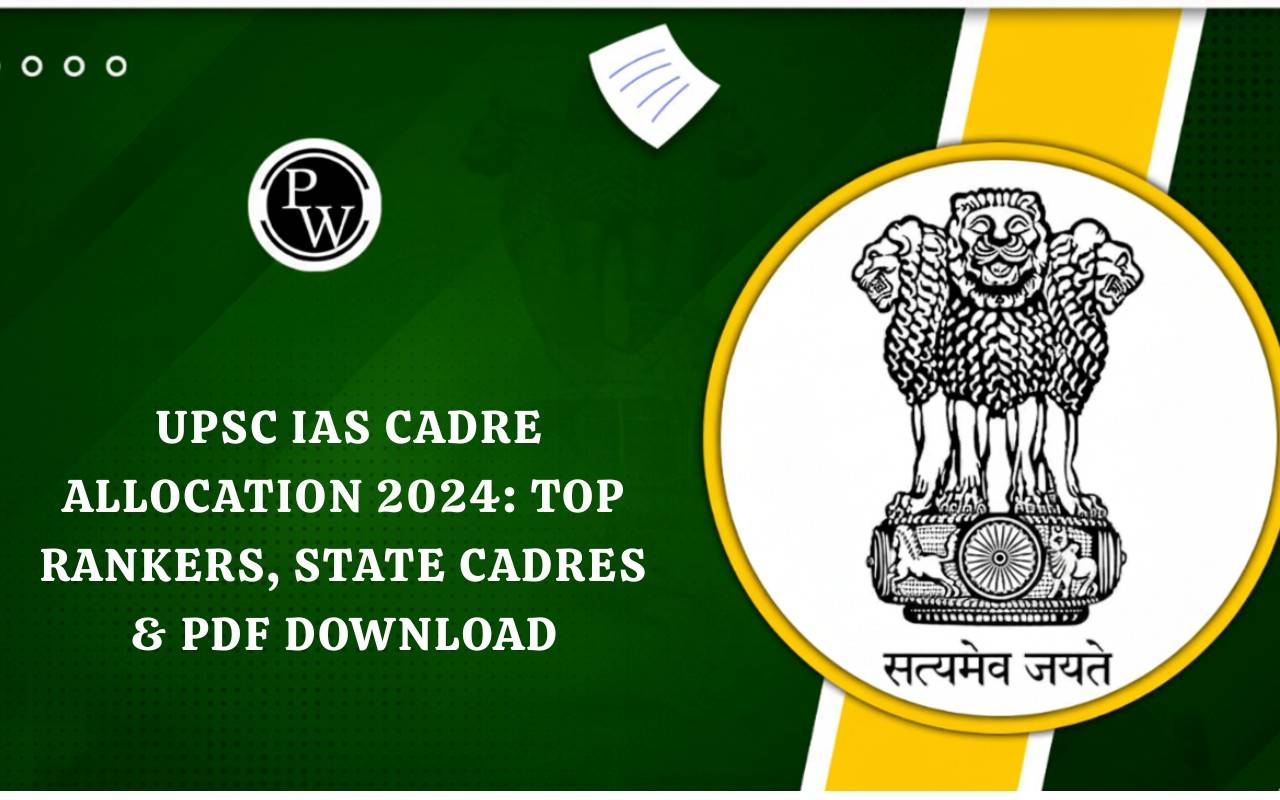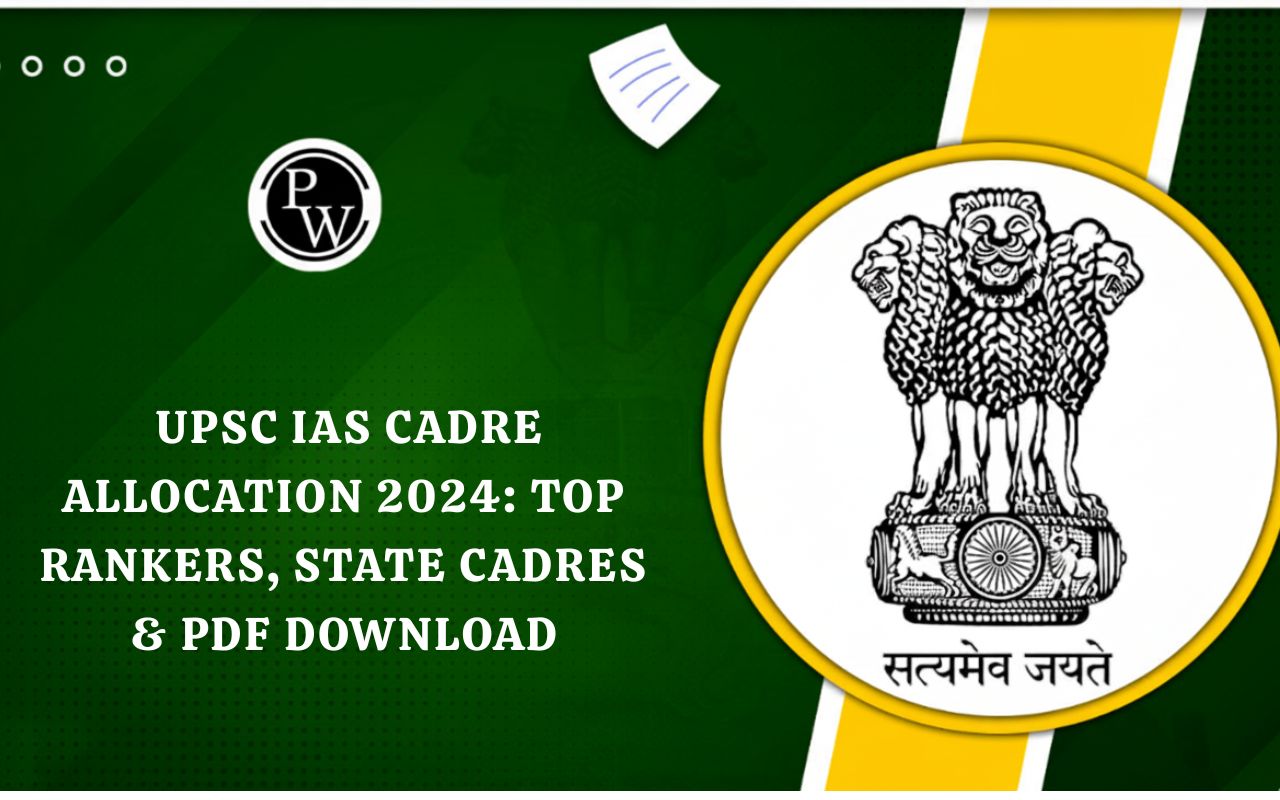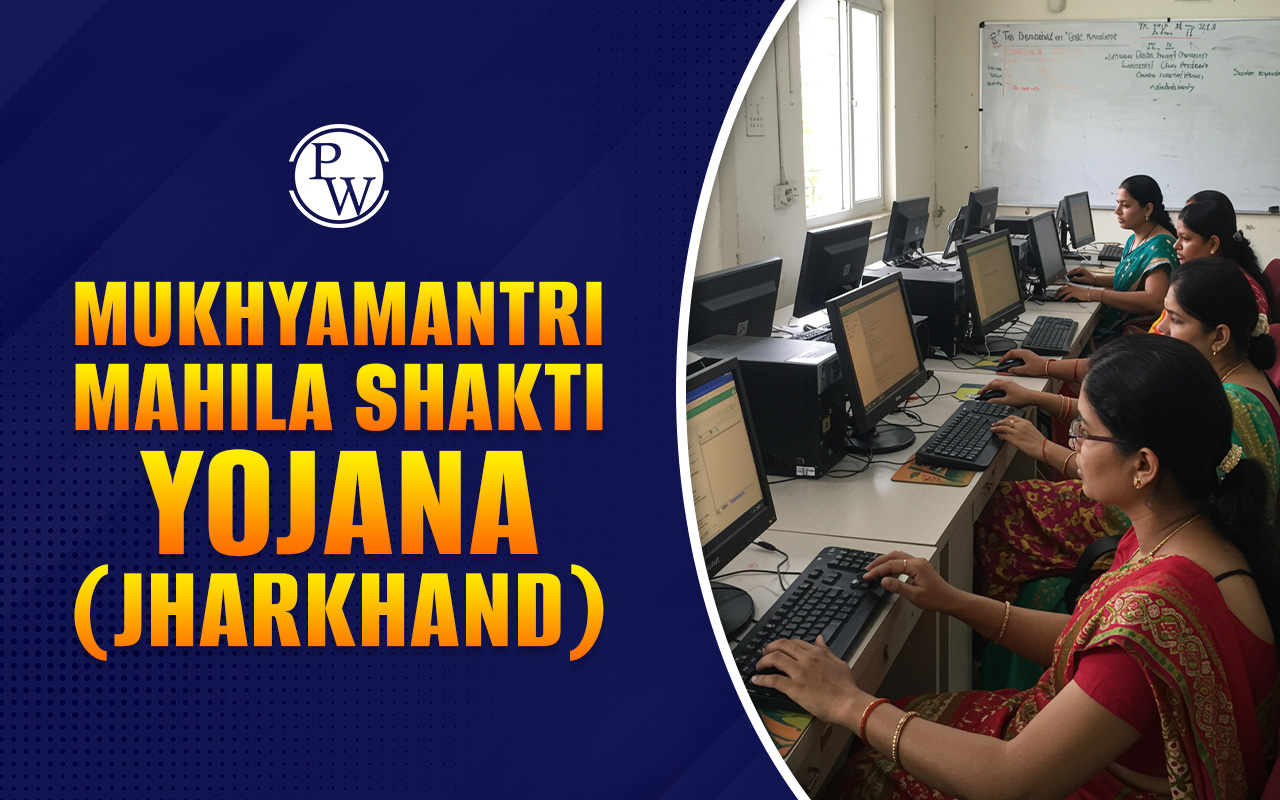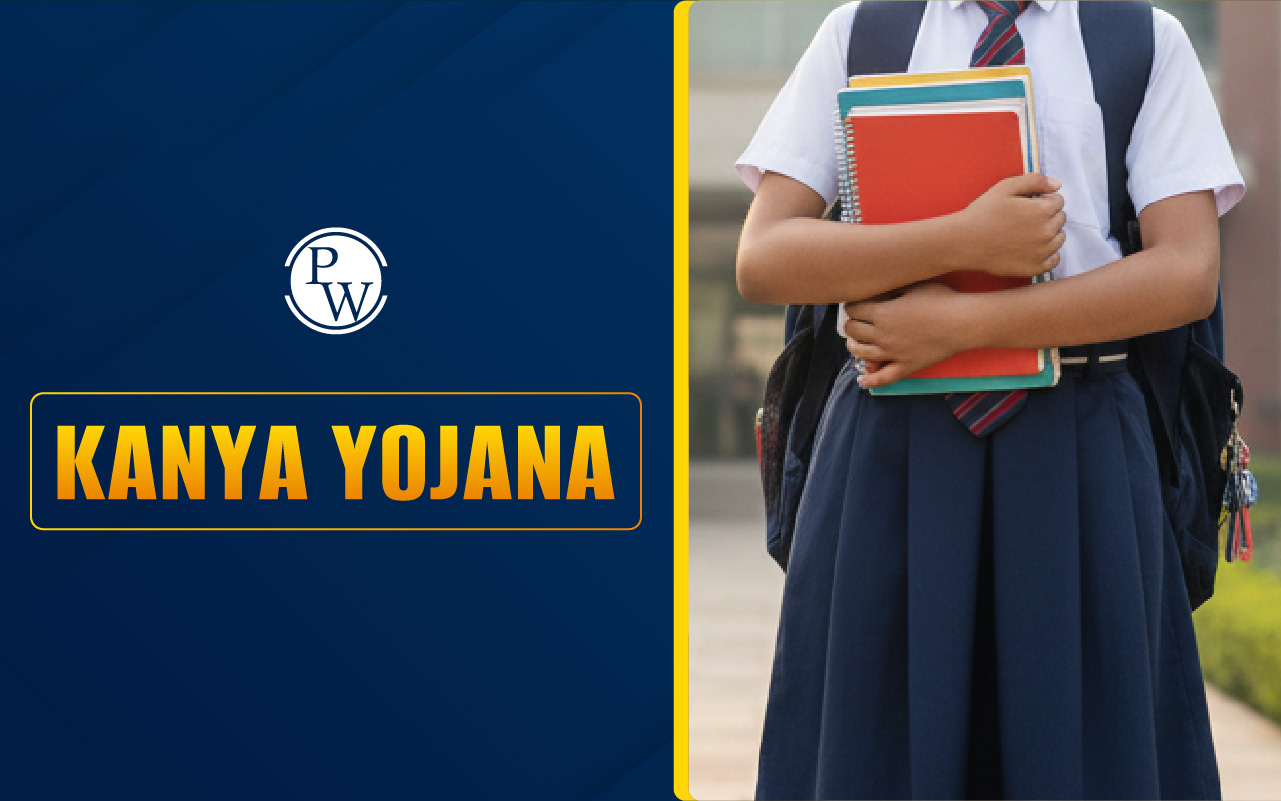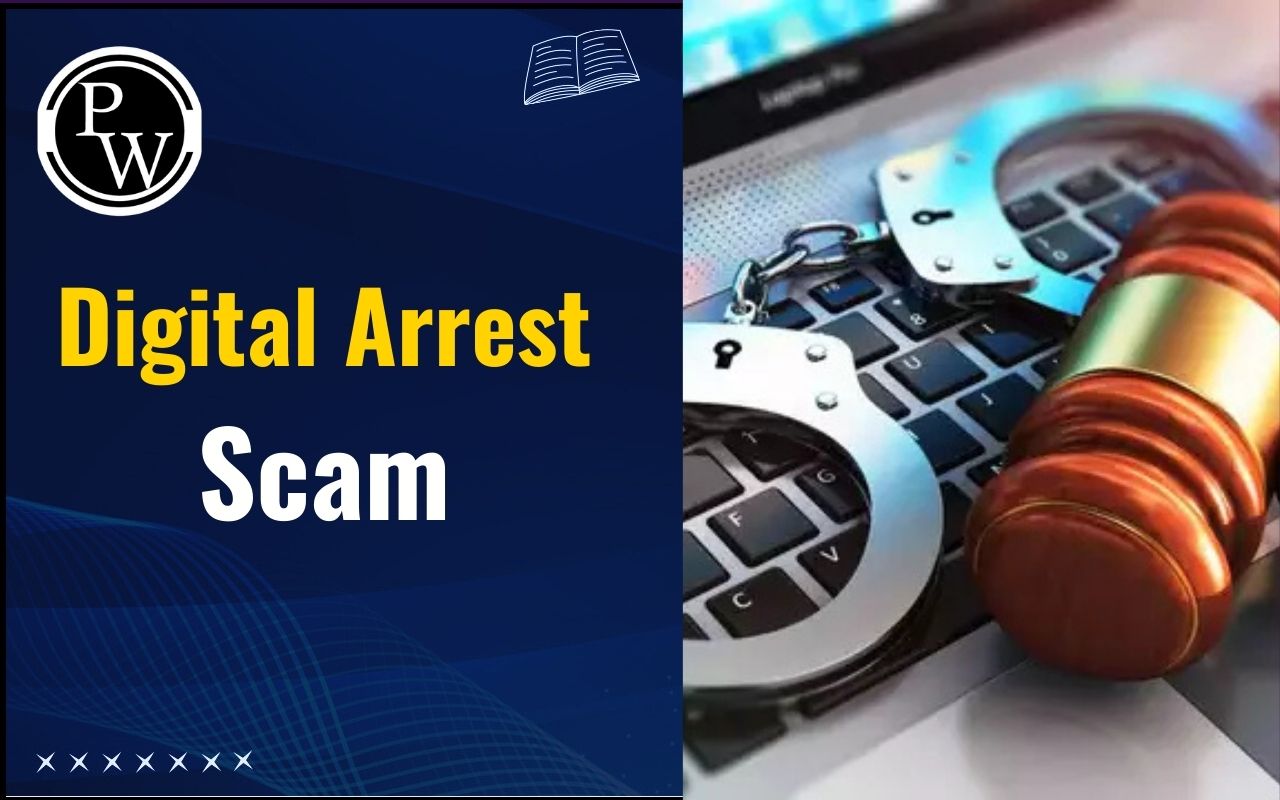
Lokpal of India was established on January 16, 2014, under Section 3 of the Lokpal and Lokayuktas Act, 2013. It represented a major step toward eradicating corruption in public offices. Currently, the Shri Justice Ajay Manikrao Khanwilkar is the Chairperson of the office of the Lokpal.
In 2025, the Lokpal of India marked 11 years of its establishment in the fight against corruption and ensuring accountability in public administration. Keep reading to learn more about Lokpal of India.1st Foundation Day of Lokpal
The first Foundation Day of Lokpal of India was celebrated on 16th January 2025 at Manekshaw Centre, New Delhi. This event commemorated the 11 years of establishment of the Lokpal on January 16, 2014. Dignitaries like Chief Justice of India Justice Sanjiv Khanna and activist Anna Hazare highlighted Lokpal's role in ensuring ethical governance during the event.What is Lokpal?
The Lokpal is an anti-corruption body in India that addresses complaints about corruption among government officials, including the Prime Minister, Union ministers, and Members of Parliament. Established in 2014 under the Lokpal and Lokayuktas Act, 2013 , it was a result of a public movement led by Anna Hazare. The Lokpal of India serves as an ombudsma n and consists of a Chairperson and up to eight members , half of whom are former judges. Here is an overview of the office of Lokpal:| Lokpal of India | |
| Foundation Day | 16th January |
| Establishment | Statutory body under the Lokpal and Lokayuktas Act, 2013 . |
| Mandate | Inquire into allegations of corruption against public bodies. |
| Organizational Structure | Chairperson + 8 members (4 Judicial Members) |
| Member Appointment | Appointed by the President of India on recommendation of a selection committee (PM, Speaker, Leader of Opposition, CJI, Eminent Jurist). |
| Term | 5 years or until 70 years |
| Jurisdiction | Covers PM, Union Ministers, MPs, and public servants in the Union Government; also includes bodies funded by the government. |
| Investigation Powers | Can direct CBI or other agencies to investigate; may refer cases to CVC for Central Government servants. |
| Exceptions for PM | Cannot inquire into issues related to national security, atomic energy, etc.; requires 2/3rd Lokpal approval for inquiries. |
First Lokpal of India
Justice Pinaki Chandra Ghose became the first Lokpal of India on March 23, 2019. He was appointed by President Ram Nath Kovind based on recommendations from a selection committee. Before becoming the Lokpal, Justice Ghose served as a judge in the Supreme Court of India and held various judicial positions, including Chief Justice of the Andhra Pradesh High CourtPresent Lokpal of India
At present, the officer of Lokpal has a chairperson and six members. The current chairperson or Lokpal of India is Justice Ajay Manikrao Khanwilkar , who has been serving as the Chairperson since March 10, 2024 . He holds a Bachelor of Commerce degree from Mulund College of Commerce, Mumbai, and a Bachelor of Laws (LLB) from KC Law College, Mumbai.Lokpal and Lokayukta Act 2013
The term "Lokpal" was first proposed by Dr. L.M. Singhvi in 1963, with various bills introduced over the decades that ultimately culminated in the successful passage of the Lokpal Bill in 2013. This bill came to be known as the Lokpal and Lokayukta Act 2013. The Act established the Lokpal at the Central level and Lokayuktas at the State level to inquire into allegations of corruption against public officials. Key provisions of this act are: Establishment of Lokpal and Lokayuktas:- The Lokpal was created at the Central level to deal with corruption allegations against Union Ministers, Members of Parliament, and other public officials.
- Lokayuktas were to be established at the State level for similar purposes, dealing with corruption in the state government.
- The Lokpal has jurisdiction over the Prime Minister, Union Ministers, Members of Parliament , and officials of the Union Government (from Groups A, B, C, and D).
- It also covers public bodies funded by the government or receiving foreign contributions above a certain threshold.
- The Lokpal consists of a Chairperson and up to 8 members, of whom at least 50% must be judicial members (former judges of the Supreme Court or High Courts).
- At least 50% of the members must come from marginalized groups such as Scheduled Castes, Scheduled Tribes, Other Backward Classes, women, or minorities.
- The President of India appoints the Chairperson and members based on recommendations from a selection committee comprising the Prime Minister, Speaker of Lok Sabha, Leader of the Opposition, Chief Justice of India, and an eminent jurist.
- The term of office for the Chairperson and members is 5 years or until they reach the age of 70 , whichever is earlier.
Lokpal and Lokayukta (Amendment) Act 2016
The Lokpal and Lokayuktas (Amendment) Act, of 2016 amended the Act of 2013. Here are the key amendments introduced in the 2016 Act:- Relaxed Timeline: The amendment removes the strict 30-day deadline for public servants to declare assets and liabilities, allowing them to submit declarations in a form and manner prescribed by the government.
- Extension for NGOs: Trustees and board members of NGOs receiving significant government or foreign funding now have an extended timeline to declare their assets.
- Selection Committee : In the absence of a recognized Leader of Opposition, the leader of the largest opposition party in the Lok Sabha can now be a member of the selection committee for choosing the Lokpal.
Difference Between Lokpal and Lokayukta
The Lokpal and Lokayukta are both anti-corruption authorities in India, but they function at different levels and have distinct roles and powers. Here are the key differences between the Lokpal and Lokayukta:| Difference Between Lokpal and Lokayukta | ||
| Aspect | Lokpal | Lokayukta |
| Established | Lokpal and Lokayukt as Act, 2013 | Based on State Lokayukta Acts in various states since 1971 |
| Level of Operation | Operates at the Central level | Operates at the State level |
| Composition | Comprises a chairperson and up to eight members, with at least 50% being judicial members. | The structure varies by state but typically includes a chairperson and other members, often with no fixed maximum number. |
| Jurisdiction | Deals with corruption cases involving Union Ministers , Members of Parliament , and other central government officials. | Deals with corruption cases involving State Ministers , Members of State Legislature , and state government officials. |
| Appointment of Members | Chairperson and members are appointed by a selection committee with the President of India making the final appointment. | Appointed by the state governor based on recommendations from a committee that typically includes the Chief Justice of the High Court and the Leader of Opposition in the state assembly. |
| Scope of Jurisdiction | Focuses on corruption within the central government and its public institutions. | Focuses on corruption within the state government and its public institutions. |
| Complaints | Public can file complaints against central government officials, including the Prime Minister (with exceptions). | Public can file complaints against state government officials and local bodies. |
| Powers | Has powers akin to a civil court, including the authority to prosecute and recommend action against public servants. | Also has powers similar to a civil court but cannot prosecute; it can only recommend actions against public officials. |
| Impeachment | Can be removed by the President based on recommendations from a committee similar to the appointment committee. | Can be removed by the state governor based on recommendations from a committee. |
Functions of Lokpal of India
The functions of Lokpal are primarily focused on investigating and addressing corruption among public officials. Here are its key powers and responsibilities:- Investigation of Complaints: Lokpal can investigate corruption allegations against public functionaries, including the Prime Minister, Union ministers, MPs, and government officials.
- Supervision of CBI: Lokpal has the authority to supervise and direct the Central Bureau of Investigation (CBI) in cases referred to it.
- Recommendation of Actions : It can recommend the transfer or suspension of public officials involved in corruption.
- Confiscation of Assets: Lokpal can confiscate properties acquired through corruption, even during ongoing investigations.
- Prevention of Evidence Destruction: It can issue directions to prevent the destruction of evidence during inquiries.
- Special Courts: Lokpal can recommend the creation of special courts to expedite the trial of corruption cases.
- Public Awareness: Lokpal educates the public about their rights and how to report corruption.
Lokpal of India FAQs
Is Lokpal a constitutional body?
No, the Lokpal is not a constitutional body. It is a statutory body established under the Lokpal and Lokayuktas Act, 2013.
Who is the first Lokpal of India?
Justice Pinaki Chandra Ghose is the first Lokpal of India.
When was Lokpal established in India?
Lokpal was established on 16th January 2014 under the Lokpal and Lokayukta Act, 2013.
How Lokpal is appointed?
The President of India appoints the Chairperson and members of the Lokpal based on the recommendations of a selection committee.
Who is Lokpal of India 2025?
As of 2025, the Chairperson of the Lokpal of India is Shri Justice Ajay Manikrao Khanwilkar.
🔥 Trending Blogs
Talk to a counsellorHave doubts? Our support team will be happy to assist you!

Check out these Related Articles
Free Learning Resources
PW Books
Notes (Class 10-12)
PW Study Materials
Notes (Class 6-9)
Ncert Solutions
Govt Exams
Class 6th to 12th Online Courses
Govt Job Exams Courses
UPSC Coaching
Defence Exam Coaching
Gate Exam Coaching
Other Exams
Know about Physics Wallah
Physics Wallah is an Indian edtech platform that provides accessible & comprehensive learning experiences to students from Class 6th to postgraduate level. We also provide extensive NCERT solutions, sample paper, NEET, JEE Mains, BITSAT previous year papers & more such resources to students. Physics Wallah also caters to over 3.5 million registered students and over 78 lakh+ Youtube subscribers with 4.8 rating on its app.
We Stand Out because
We provide students with intensive courses with India’s qualified & experienced faculties & mentors. PW strives to make the learning experience comprehensive and accessible for students of all sections of society. We believe in empowering every single student who couldn't dream of a good career in engineering and medical field earlier.
Our Key Focus Areas
Physics Wallah's main focus is to make the learning experience as economical as possible for all students. With our affordable courses like Lakshya, Udaan and Arjuna and many others, we have been able to provide a platform for lakhs of aspirants. From providing Chemistry, Maths, Physics formula to giving e-books of eminent authors like RD Sharma, RS Aggarwal and Lakhmir Singh, PW focuses on every single student's need for preparation.
What Makes Us Different
Physics Wallah strives to develop a comprehensive pedagogical structure for students, where they get a state-of-the-art learning experience with study material and resources. Apart from catering students preparing for JEE Mains and NEET, PW also provides study material for each state board like Uttar Pradesh, Bihar, and others
Copyright © 2025 Physicswallah Limited All rights reserved.
Get App
